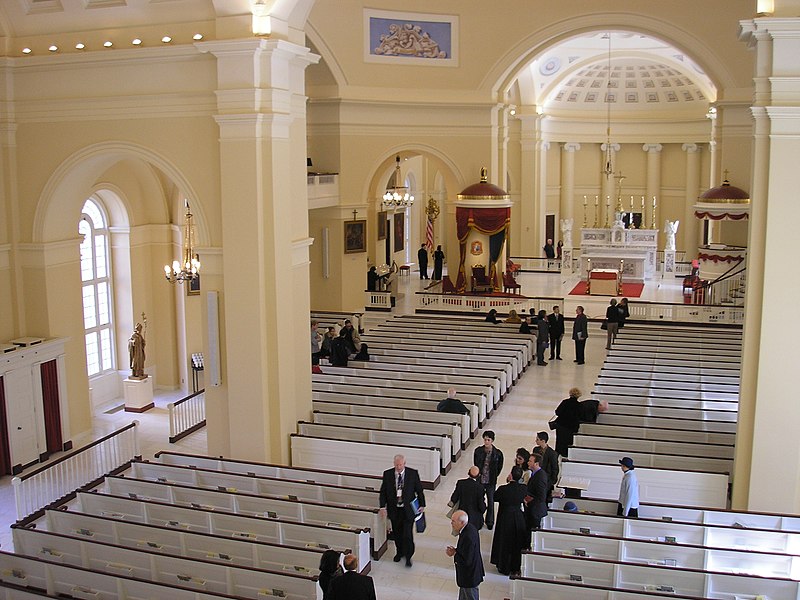Maryland AG Champions Child Victims Act Against Archdiocese’s Constitutional Challenge

Maryland Attorney General Anthony Brown is steadfastly defending the state’s Child Victims Act, facing a constitutional challenge by the Catholic Archdiocese of Washington. This challenge, as detailed by The Baltimore Sun, arises from lawsuits alleging child sexual abuse by clergy within the Archdiocese. Brown’s defense aligns with the calls of abuse survivors who have long advocated for the law, intended to provide justice irrespective of when the alleged abuse occurred.
The Child Victims Act, enacted in Maryland in 2023, abolishes the statute of limitations for child sex abuse lawsuits. This law, effective from October 1, was lauded as a major victory by survivors, enabling them to seek legal recourse regardless of the time elapsed since the alleged abuse.
The Archdiocese of Washington, however, contends that the law is unconstitutional. Their argument hinges on a 2017 expansion of the statute of limitations to age 38 for child abuse victims to sue, which they claim granted immunity to defendants post the victim’s 38th birthday. This immunity, according to the church, is a “vested right.”
Brown, in his legal briefs, counters this argument. He asserts that there is no Maryland case where the expiration of a statute of limitations or repose grants a defendant a vested right. This stance is supported by federal law and opinions from various states.
Central to this legal debate is whether the 2017 legislature created a statute of limitations or a statute of repose – the latter being a rare legal provision typically used in the construction industry to limit liability over time. The Archdiocese’s lawyers argue that changing a statute of repose violates Maryland’s constitution, a position contested by plaintiffs’ attorneys and Brown.
In response to the Archdiocese’s challenge, Brown, fulfilling his earlier pledge to defend the law, emphasizes the legislature’s authority to revive time-barred actions, irrespective of whether they are categorized as statutes of limitations or repose.
The ongoing legal battles, involving lawsuits in Prince George’s and Montgomery counties, have led to a complex situation where further appeals are expected. While the Archdiocese of Washington did not comment, the broader implications of the case are evident. The Supreme Court of Maryland may ultimately decide on the law’s constitutionality, potentially affecting other related lawsuits.
The Prince George’s County lawsuit, a class-action case, alleges child sexual abuse by clergy, citing “serious and permanent” damages to the victims. Similarly, in Montgomery County, a lawsuit describes “horrific” abuse with severe emotional and physical repercussions for the victim.
This legal standoff represents a significant moment in Maryland’s efforts to address historical child sexual abuse within the church, marking a turning point in the fight for justice by survivors.

